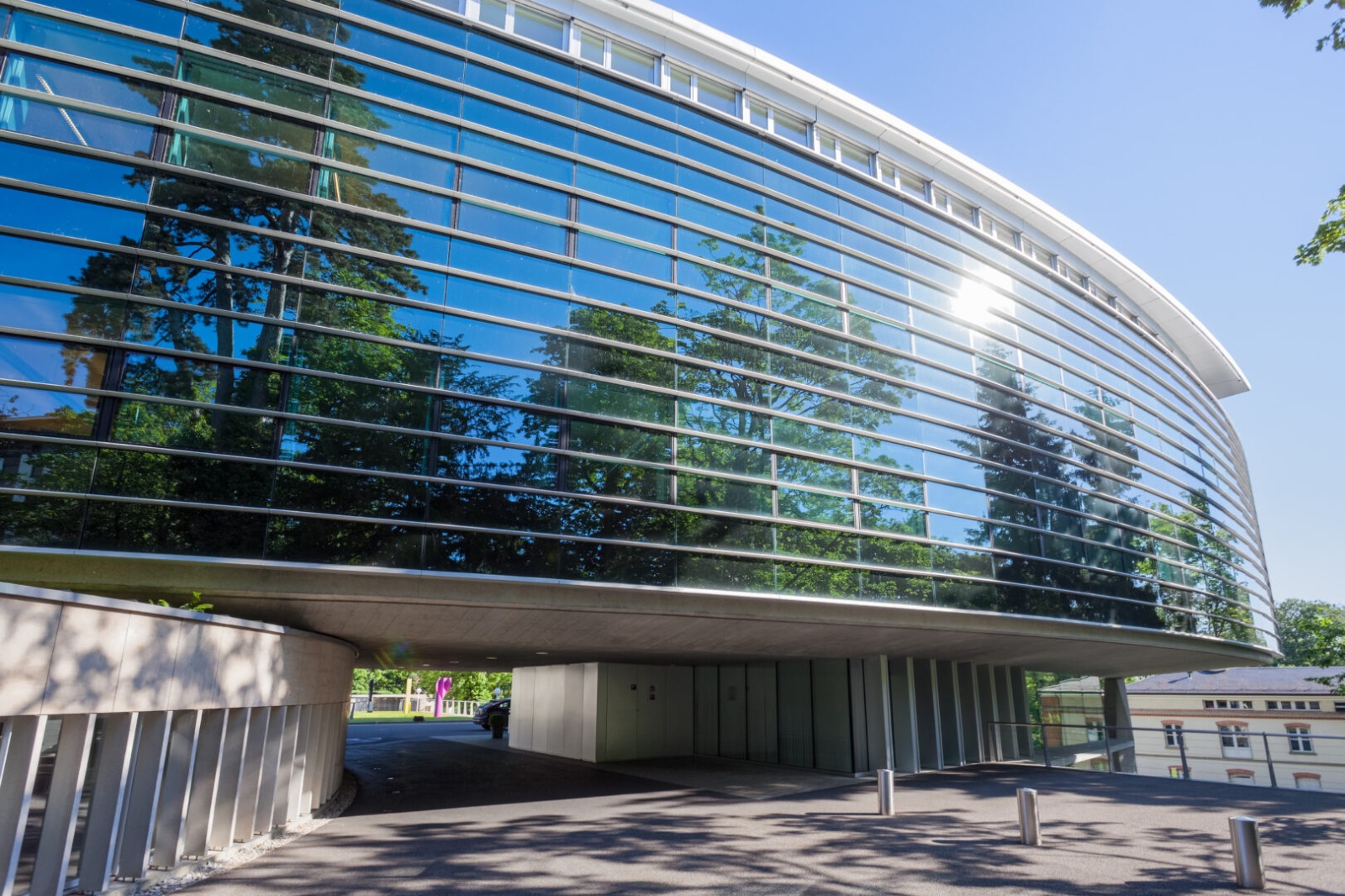
Latest STI data shows countries reevaluating the balance between global trade and sustainable practices
- New Zealand retains the top spot, followed by the United Kingdom and rising Singapore − illustrative examples of harmonious coexistence between trade and sustainability goals.
- Recent health and geopolitical turbulence are strengthening domestic industries and redefining countries’ terms for global exchanges.
The 2023 edition of the annual Hinrich-IMD Sustainable Trade Index (STI) is outlined by a key shift in a post-pandemic world marred by geopolitical turmoil: towards the so-called “slowbalization”.
Economists generally mean by this term a slowdown in trade reform and weakening political and policy support for measures that open trade amid rising geopolitical tensions. As a response to an increasingly fragmented world, evidence from the STI shows a deterioration across key economies in non-tariff barriers and trade costs this year compared to 2022. The world’s largest economies, which should be leading efforts to reverse “slowbalization”, are instead among the key countries that are raising tariffs, non-tariff barriers, and slowing trade liberalization, the data shows. This has posed challenges to how states can properly use trade to manage and promote their economic, societal, and environmental sustainability.
Of the 30 major trading economies studied by the STI 2023, the two that excelled in achieving such a balance were, for the second year in a row, New Zealand, and the United Kingdom. Singapore jumped from 5th to 3rd place, and Japan dropped four positions, from 4th to 8th place. (see Figure 1)
“Economies that balance trade and sustainability well tend to be the more developed ones (see Figure 2), in which the cost of making trade more aligned to the Sustainable Development Goals is lower,” says Professor Arturo Bris, Director of IMD’s World Competitiveness Center, which produces the STI in partnership with the Hinrich Foundation.
“With global trade challenged by geopolitical and health issues, the work of streamlining supply chains and reducing costs has become paramount, even at the expense of social or environmental considerations in global trade. Our index sheds light on how this trade-off is being played out,” explains Bris.
“The global trade system is experiencing fragmentation that threatens to erode the achievements of 70 years of globalization,” says Kathryn Dioth, CEO of the Hinrich Foundation. “Protectionist trade policies are being implemented under the guise of responding to the headwinds of post-pandemic inflation and geopolitical tensions. And while global trade continues to expand in value, that is mainly due to higher commodity prices.”
The STI measures 30 economies’ readiness and capacity to participate in the global trading system by analyzing 71 indicators grouped into three “pillars” that align with the long-term goals of economic growth, societal development, and environmental protection.
High-ranking economies share discernible commonalities: under the economic pillar, those with robust infrastructure and a strong inclination towards technological innovation stand out. In the societal pillar, the index rewards economies characterized by political stability, economic equality, high educational attainment, and social mobility. In the environmental pillar, the top ranks are occupied by economies that uphold high environmental standards and effectively address challenges related to wastewater, air pollution, carbon, and energy intensity.
For more on STI 2023, visit the IMD site for the detailed results of each economy filtered by the pillars, specific indicators, and demographics, as well as the Hinrich Foundation page for a full suite of downloadable resources.
Since 2022, the STI has been produced annually as a partnership between IMD’s World Competitiveness Center (WCC) and the Hinrich Foundation, which published the first three editions with biennial frequency.
Media contacts
IMD Communications Department [email protected]
Tel: +41 79 596 72 79
Hinrich Foundation [email protected]
Tel: +65 6982 6792
Profiles
About the Hinrich Foundation
The Hinrich Foundation is an Asia based philanthropic organization that works to advance mutually beneficial and sustainable global trade. We believe sustainable global trade strengthens relationships between nations and improves people’s lives. We support original research and education programs that build understanding and leadership in global trade. Our approach is independent, fact-based and objective. We are an authoritative source of knowledge, sharp analysis and fresh thinking for policymakers, business, media and scholars engaged in global trade.
hinrichfoundation.com | STI 2023
Connect and follow us on X | LinkedIn | Facebook | YouTube
About the Institute for Management Development (IMD)
Founded by business executives for business executives, we are an independent academic institute based in Lausanne and Singapore. We strive to be the trusted learning partner of choice for ambitious individuals and organizations worldwide.
Our executive education and degree programs are consistently ranked among the world’s best by the Financial Times, Bloomberg, Forbes, and others.
Our leading position in the field is grounded in our unique approach to creating real learning, real impact. Through our research, programs, and advisory work we enable business leaders to find new and better solutions: challenging what is and inspiring what could be.
In November, the WCC will release the IMD World Digital Competitiveness Ranking. This year, the center has already published the IMD World Competitiveness Ranking, the IMD World Talent Ranking, and the IMD Smart City Index.
Follow IMD on social media for updates. Connect on LinkedIn, or follow us on X, Instagram, or Facebook. Watch our videos on YouTube.
